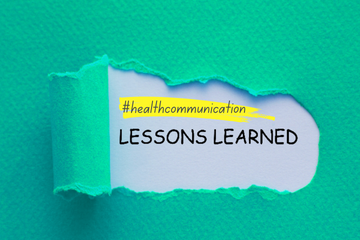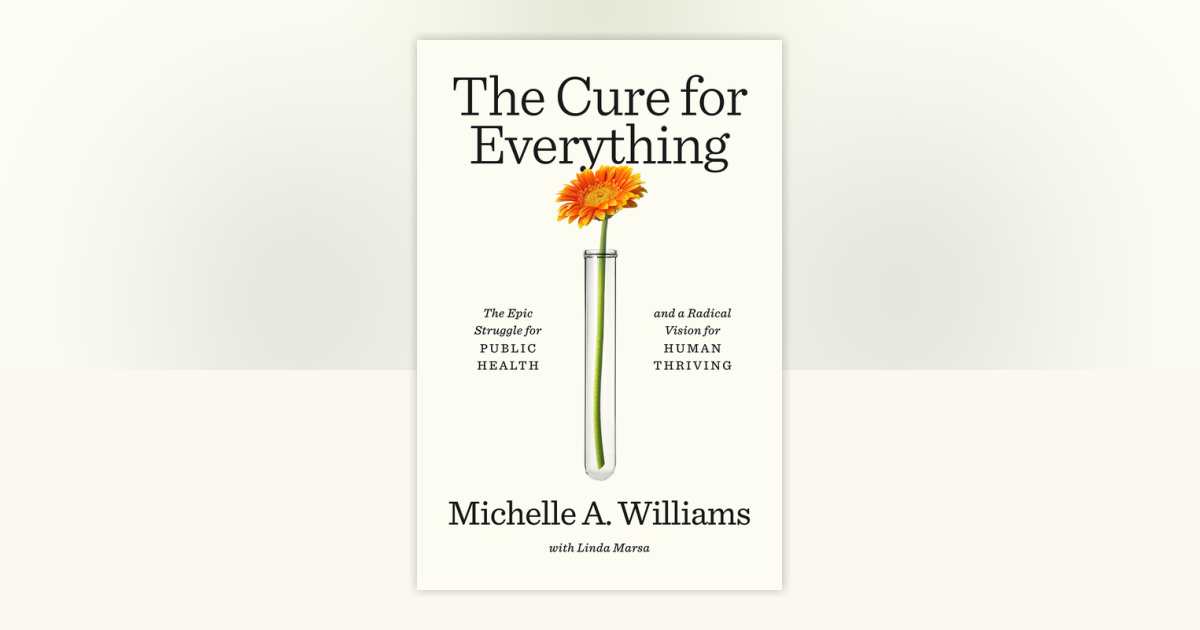Lessons learned: Want to make effective self-help resources? Pay attention to format

You’re reading Lessons Learned, which distills practical takeaways from standout campaigns and peer-reviewed research in health and science communication. Want more Lessons Learned? Subscribe to our Call to Action newsletter.
Self-help interventions can be useful tools for encouraging healthy behaviors and making it easier to access treatment. To be effective, these interventions need to be delivered in formats that are easy to understand and apply. A recent study published in the Journal of Contemporary Psychotherapy explored what self-help intervention format was most effective for reducing symptoms of body-focused repetitive behaviors, such as hair-pulling and compulsive skin-picking (DOI: 10.1007/s10879-023-09609-3). In the experiment, 224 participants received self-help material through either a 12-page digital manual or a 17-minute video, or were assigned to a control condition.
What they learned: Having access to online self-help tools reduced body-focused repetitive behaviors regardless of format. Contrary to the research team’s hypothesis, people who received the manual version showed greater improvement in quality of life than those who watched the video.
Why it matters: As more people access self-help online, content creators need to know how different formats and delivery methods impact the effectiveness of these intervention tools.
➡️Idea to steal: Simple is effective. When deciding how to deliver your message, sometimes old-school text-based content can work very well. Make sure you think strategically and test your format.
What’s next: Exploring what the best formats are for popular social media platforms, like Instagram, TikTok, and Reddit.
Mallory Moore (she/her) is a Master of Social Work student at the University of Pennsylvania School of Social Policy and Practice where she is specializing in clinical practice with children/adolescents and LGBTQ+ communities. She is currently pursuing a capstone research project on stigmatizing attitudes towards people with excoriation (skin-picking disorder).


